Companies' Most Cringeworthy Public-Relations Failures
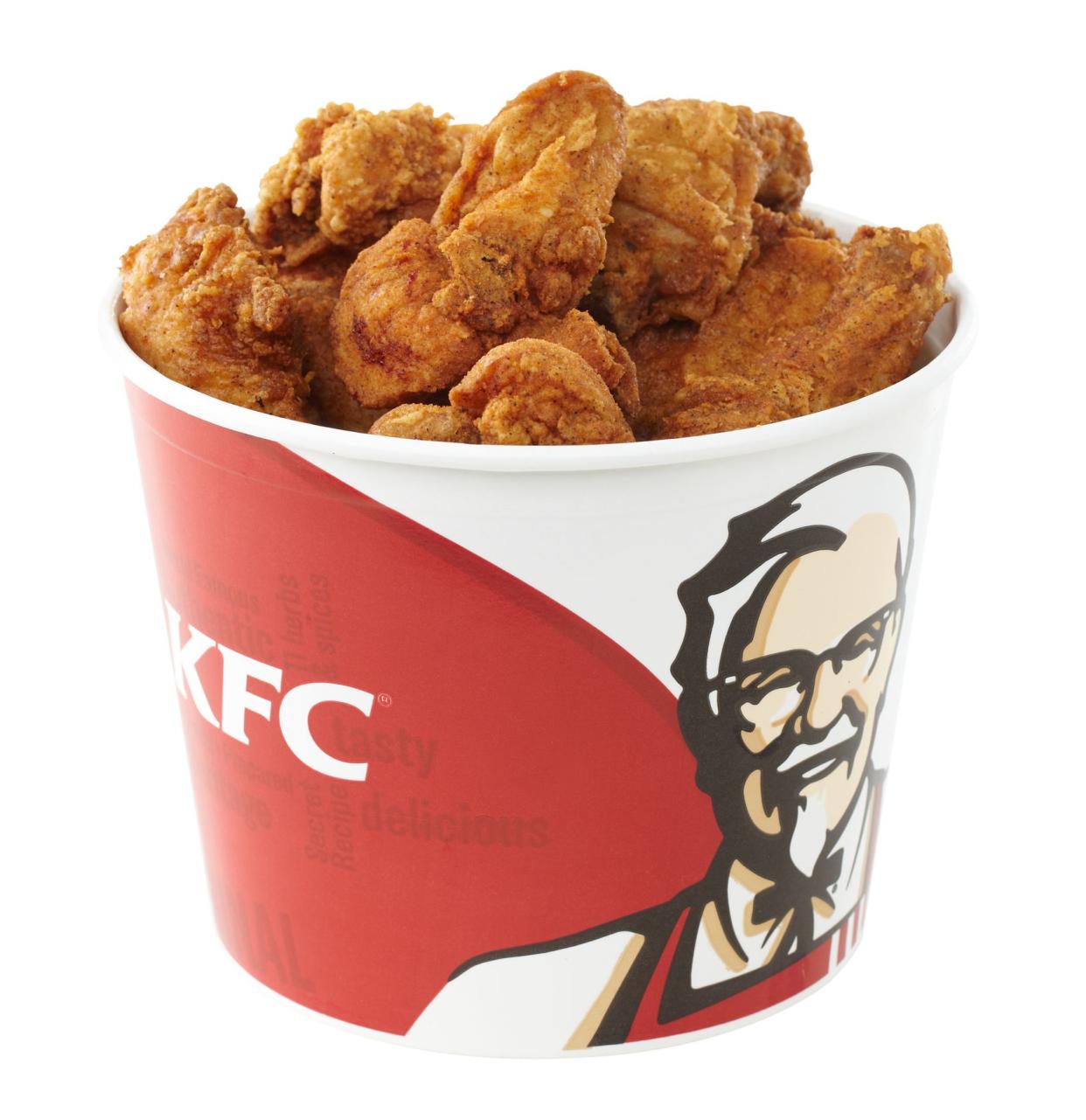
Another day, another corporate apology — or so it seems. Big companies are no strangers to very public mistakes: Tone-deaf advertising, faulty products, and corporate scandals are just a few of the most common. Some notable public-relations crises that have beset big-name businesses, include how a skewed understanding of history (or lack thereof) landed a popular fast-food chain in hot water.
Related: Big Names That Changed to Avoid Being Canceled
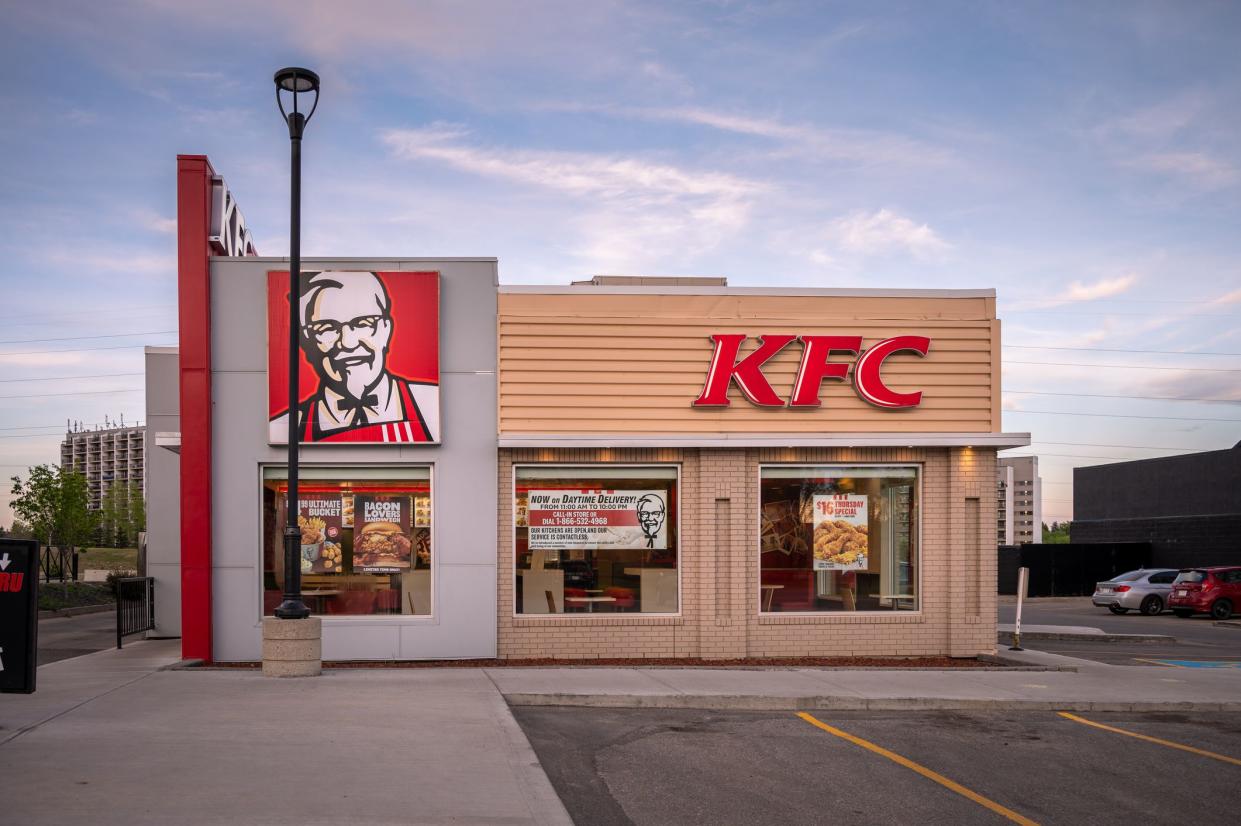
On the eve of the 84th anniversary of Kristallnacht — a violent, antisemitic attack considered by many to be the first pogrom of the Holocaust — KFC customers in Germany were greeted by a push notification on their smartphones to enjoy some fried chicken. Translated into English, the message sent through the app read: “It’s memorial day for Kristallnacht! Treat yourself with more tender cheese on your crispy chicken." After outraged customers complained, KFC released a statement apologizing for the ignorant marketing ploy with a spokesperson for the chain saying, “We have suspended app communications while we examine our current process to ensure such an issue does not occur again."
Related: The Worst Years in History
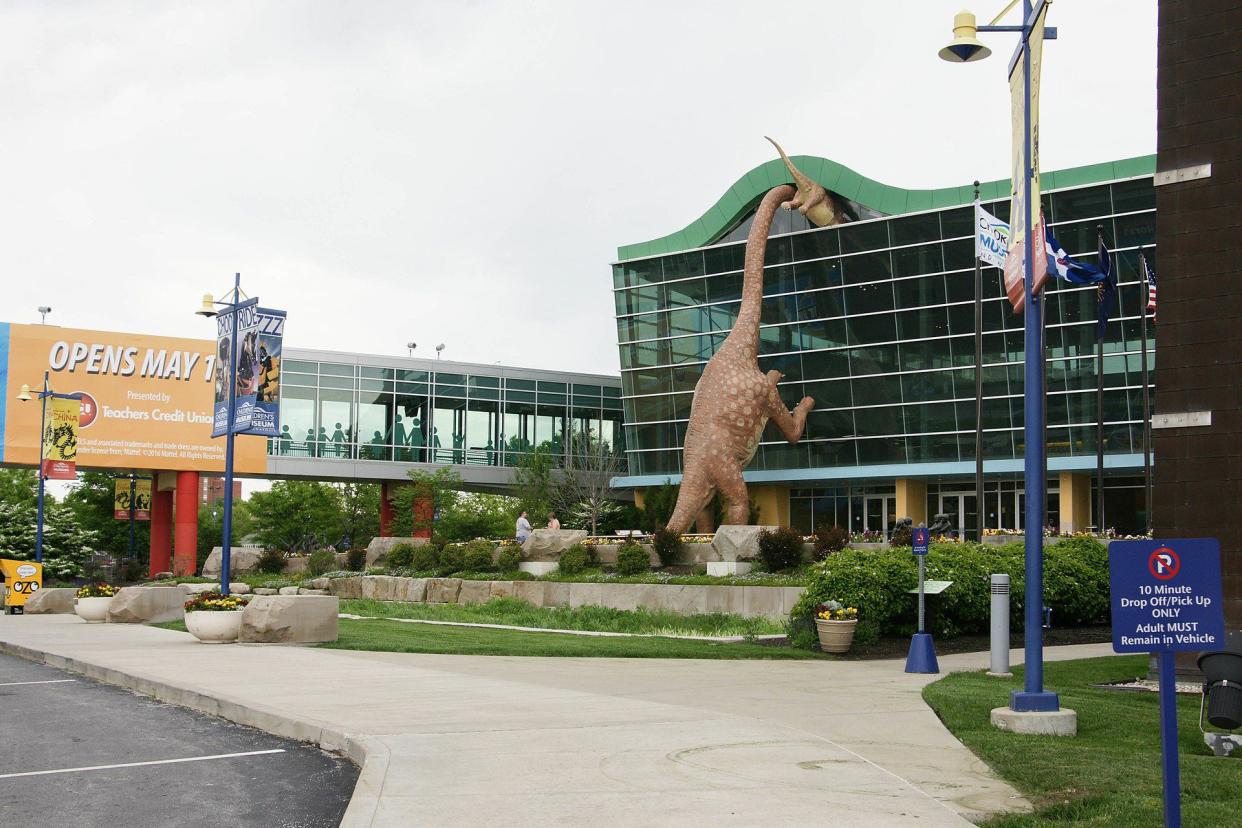
The Indianapolis Children's Museum recently came under fire for selling a salad in its cafe labeled Juneteenth watermelon salad. The fruit has long been used as a trope in racist depictions of Blacks, leaving many to wonder who at the museum thought it was a good idea to commemorate the day slaves were freed with a negative stereotype. After backlash on social media, the Indianapolis Children's Museum removed the salad from the menu and issued a statement apologizing while also putting the blame on the museum's food service provider.
Related: Amazing Places to Learn About Black History
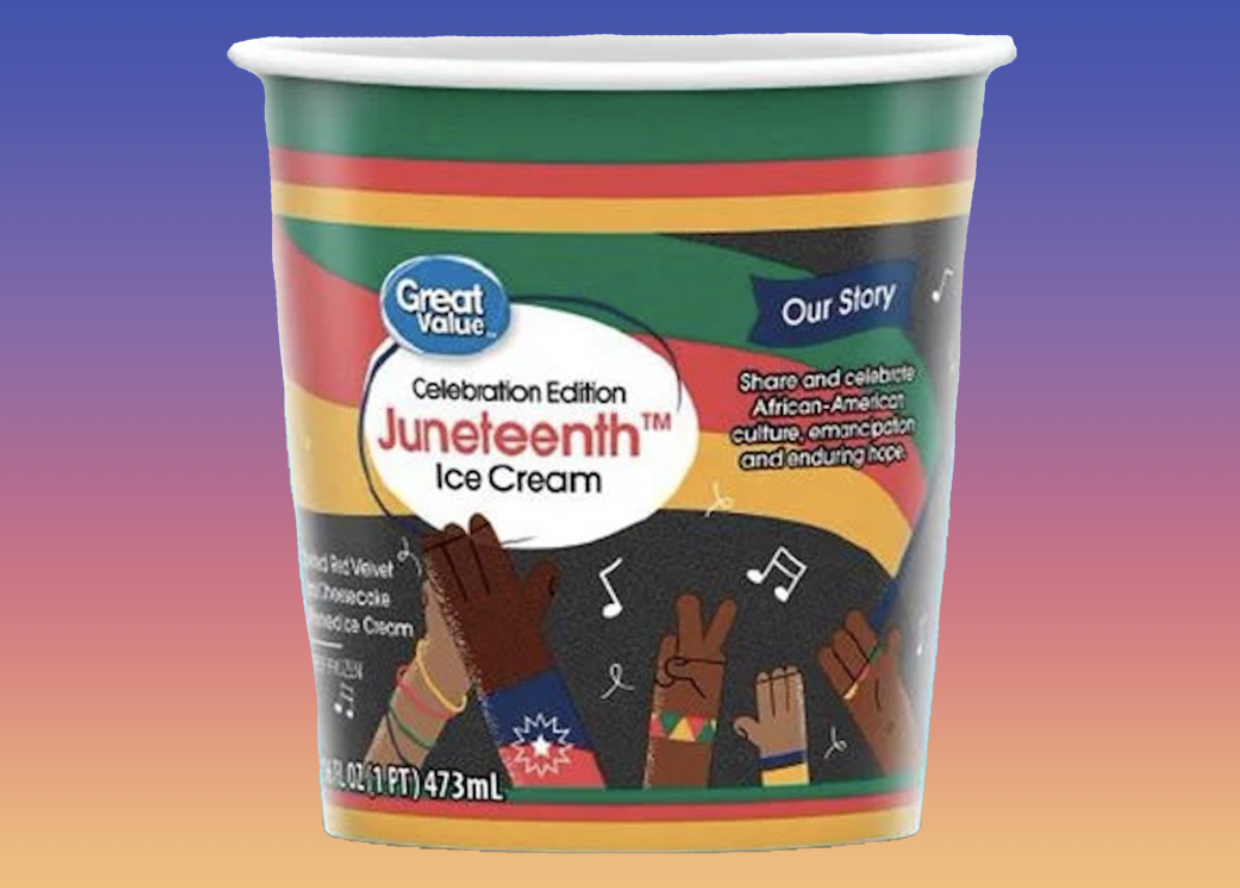
Walmart was accused of trying to profit off of Black Americans with its tactless ice cream flavor. The company released Great Value brand's Juneteenth ice cream, named after the day that all slaves across the U.S. finally became free. It's a holiday that's been celebrated in the Black community for generations, but only became a national holiday last year. Backlash was swift, with customers calling out Walmart as greedy, disrespectful, and exploitative of the holiday. The company swiftly pulled the product from its freezers and issued a brief though vague apology: "We received feedback that a few items caused concern for some of our customers and we sincerely apologize. We are reviewing our assortment and will remove items as appropriate.”
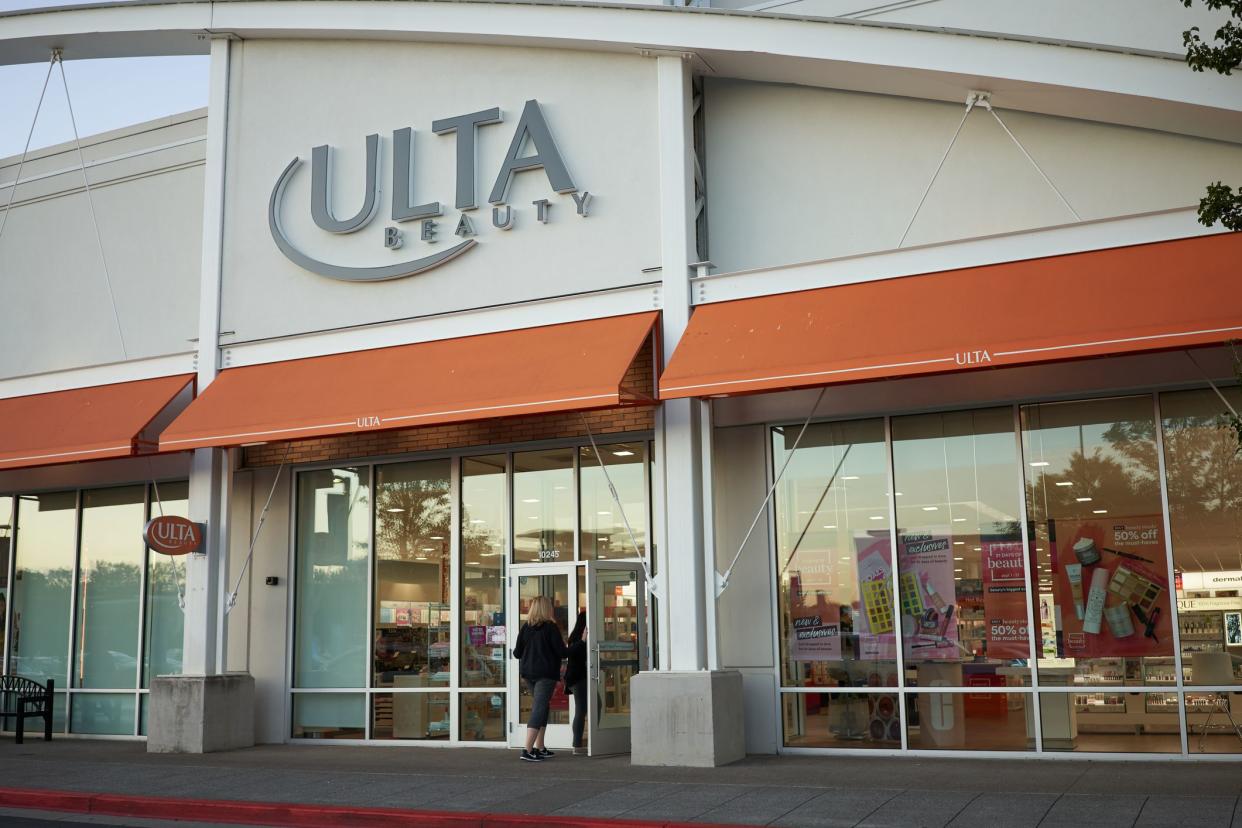
Ulta Beauty came under intense fire for an email newsletter with an incredibly insensitive and cringe-inducing subject line. "Come hang with Kate Spade" was meant to promote the brand's new perfumes, but for many customers it recalled Kate Spade's death in 2018 after suffering from depression. Ulta has since sent an apology email to subscribers, saying that it deeply regrets the choice of words, considers mental health to be a serious issue, and will take steps to ensure that such a mistake doesn't happen again.
If you or someone you know is in crisis, call 800-273-8255 in the U.S. for free and confidential support 24 hours a day, seven days a week.

It once seemed as though Peloton would be one of the lucky compaies to emerge from the pandemic a winner. In 2020, fitness enthusiasts who were shut out of their gyms eagerly snapped up the company's exercise bikes. More than 1 million subscribed to the online classes and revenue rose 66% year over year. But it all came crashing down after Peloton ramped up production and ended up with a surplus of equipment. Add in the death of a 6-year-old linked to the company's treadmill and the (fictional) bike-related heart attacks of two TV show characters, and it was no surprise when Peloton lost $439 million in the second quarter of its 2022 fiscal year. The company announced layoffs of 2,800 workers and the departure of CEO John Foley, who has apologized for scaling too rapidly. "We own this. I own this," he said. "And we're holding ourselves accountable." Talk about feeling the burn.

In December, Better.com CEO Vishal Garg fired 9% of his employees — about 900 staff — via a Zoom call. He then went on Blind, a networking site, and accused the terminated employees of stealing from the company. That's especially rich, considering the company had just received $750 million in funding. Needless to say, the whole debacle, from the impersonal delivery to the holiday timing, has been widely panned by the media and public. Three top communications executives have since quit, and Garg posted a letter of apology to remaining employees, though he didn't apologize to the workers he laid off, only for the "blundered" execution.

After recently canceling more than 2,000 flights due to a combination of bad weather, air-traffic control issues, staff shortages, and a packed schedule, Southwest found itself in a harsh media spotlight. The low-cost airline refunded fares, as it is legally obligated to do, and tried to smooth things over by sending inconvenienced customers “LUV vouchers” worth $100 to $250 to use on future flights. Time will tell whether the vouchers do much to appease frustrated travelers, many of whom found themselves paying hundreds for last-minute flight changes or hotel rooms, or, in the case of one couple, getting married without loved ones there to celebrate.
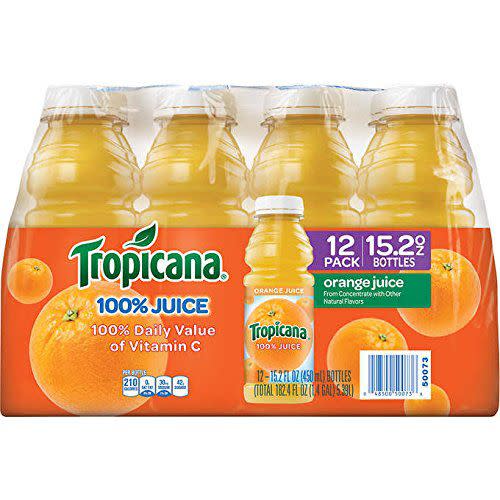
During a pandemic, when most companies were playing it safe with messages of unity, Tropicana decided to take a different approach. Its #TakeAMimoment ad campaign in late 2020 encouraged parents juggling work, remote school, and being home all the time to “find the ultimate moment of brightness” by sneaking away from their kids to drink mimosas. Swift backlash over the tone-deaf message forced an equally swift apology, as Tropicana said it “in no way meant to imply that alcohol is the answer or make light of the struggles of addiction.”
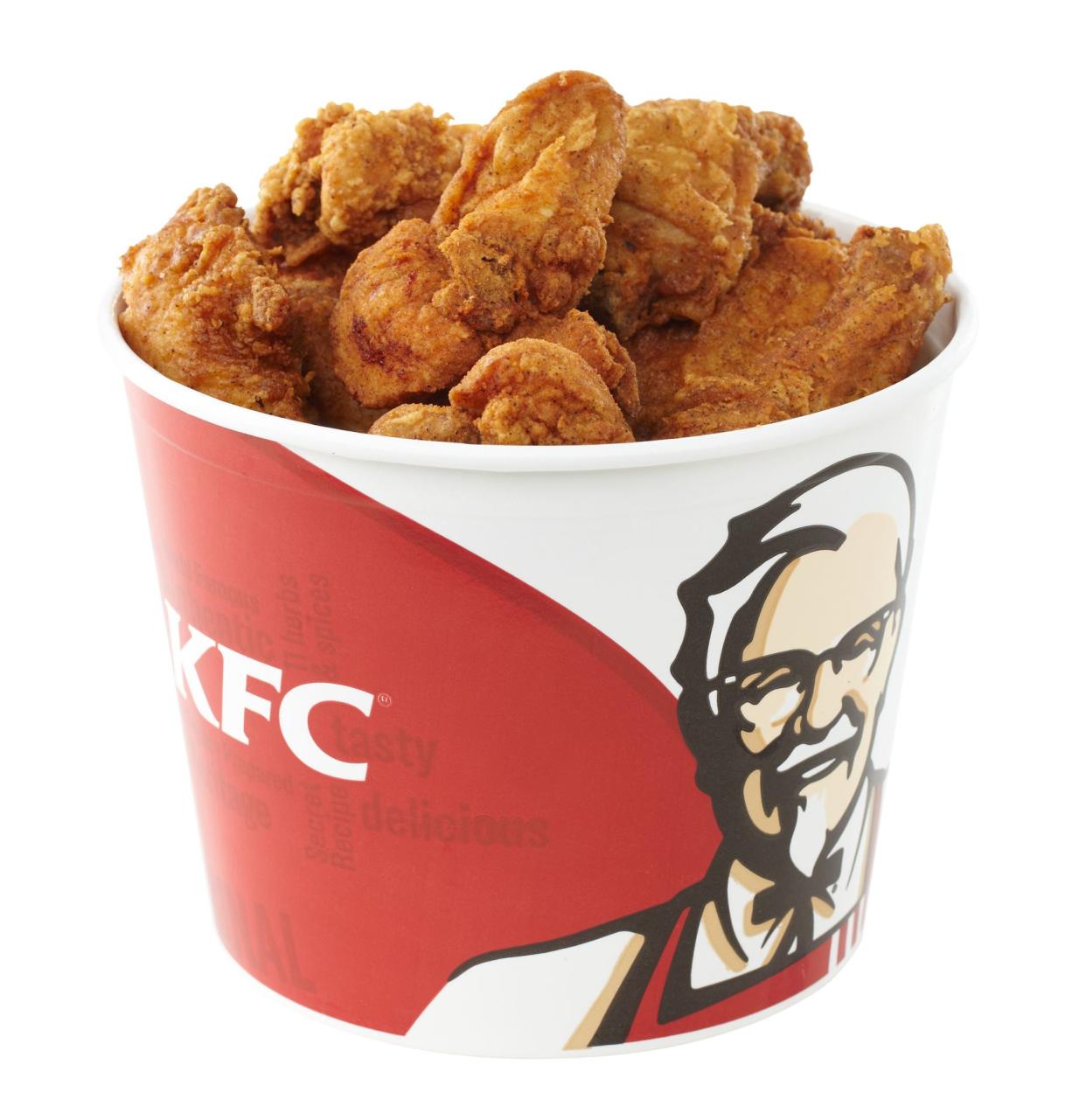
A KFC without … chicken? It’s a reality that befell the fast-food giant in early 2018, when its restaurants in the U.K. and Ireland had to close their doors because of botched poultry deliveries. The money-saving move was widely blasted by hungry customers, but KFC responded with a hilarious, pitch-perfect ad that rearranged its famous logo into something mildly profane, acknowledging that “It’s been a hell of a week.”
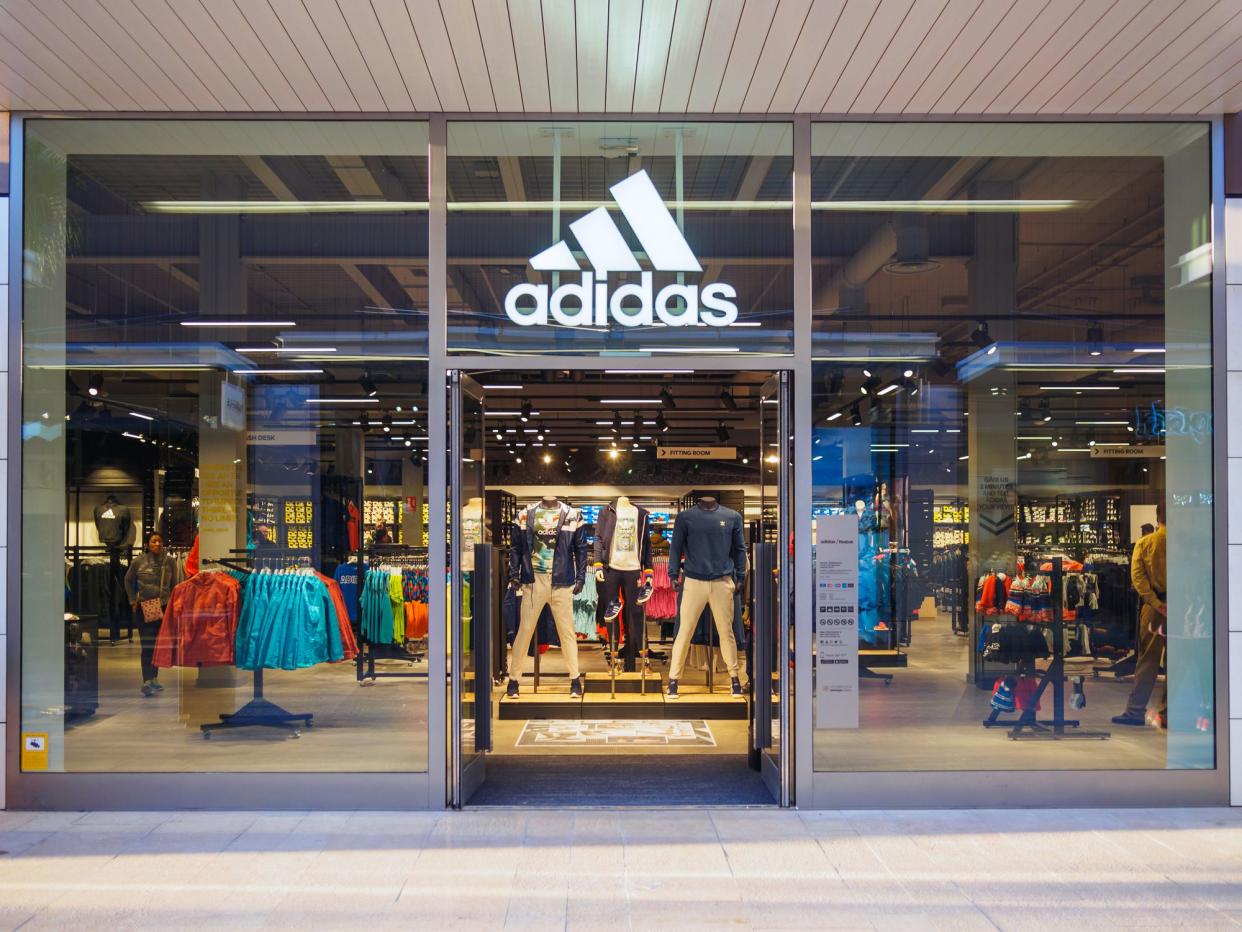
It seemed innocuous enough: Adidas sent an email in 2017 to Boston Marathon runners, congratulating them for finishing the storied race. The problem? A very, very poor choice of words. “Congrats, you survived!” crowed the subject line, just a few years after a bombing at the marathon’s finish line killed three people and wounded more than 250. The brand’s mea culpa: “We are incredibly sorry. Clearly, there was no thought given to the insensitive email subject line.”
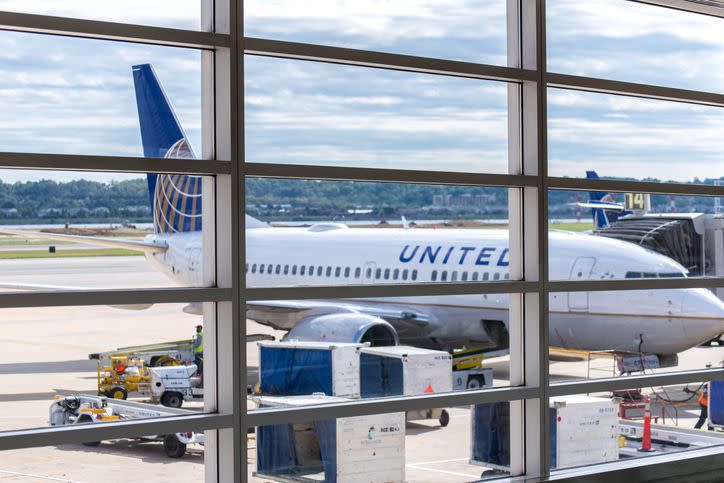
United Airlines touched off one of the biggest public relations disasters in recent memory in April 2017 when security officers violently dragged a man off an overbooked flight after he was seated. Though United ultimately settled with the man for an undisclosed sum, the damage had been done. A video of the incident went viral and the company was widely roasted, both for the mishap and its CEO's less-than-satisfying response, which focused on the damage done at United, not the trauma to the passenger.
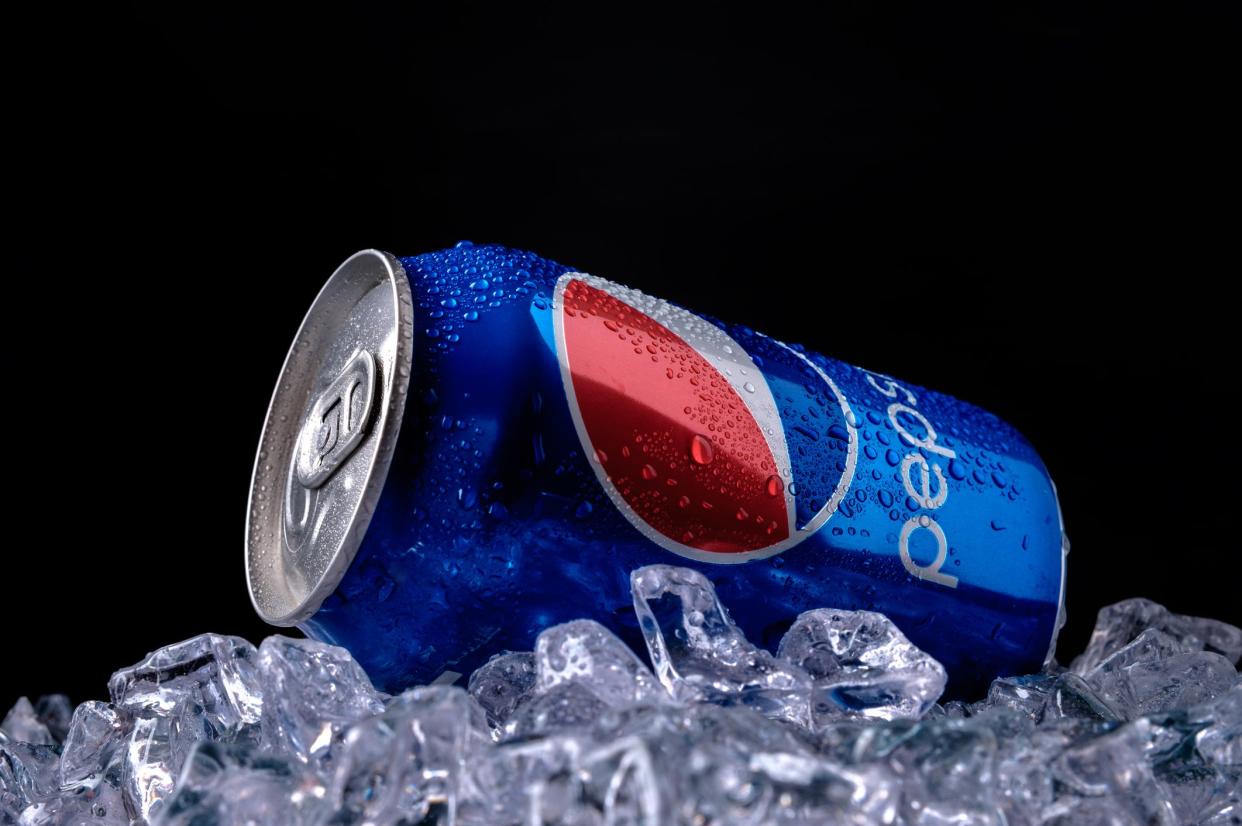
In one of the worst-ever cases of cringeworthy commercials, Pepsi rolled out an ad amid Black Lives Matter protests in 2017. It featured, of all people, Kendall Jenner calming an angry crowd by — wait for it — simply handing a police officer a can of soda. Activists blasted the commercial for trivializing a serious issue, and Pepsi pulled the offending ad from the air, admitting that it had “missed the mark.”
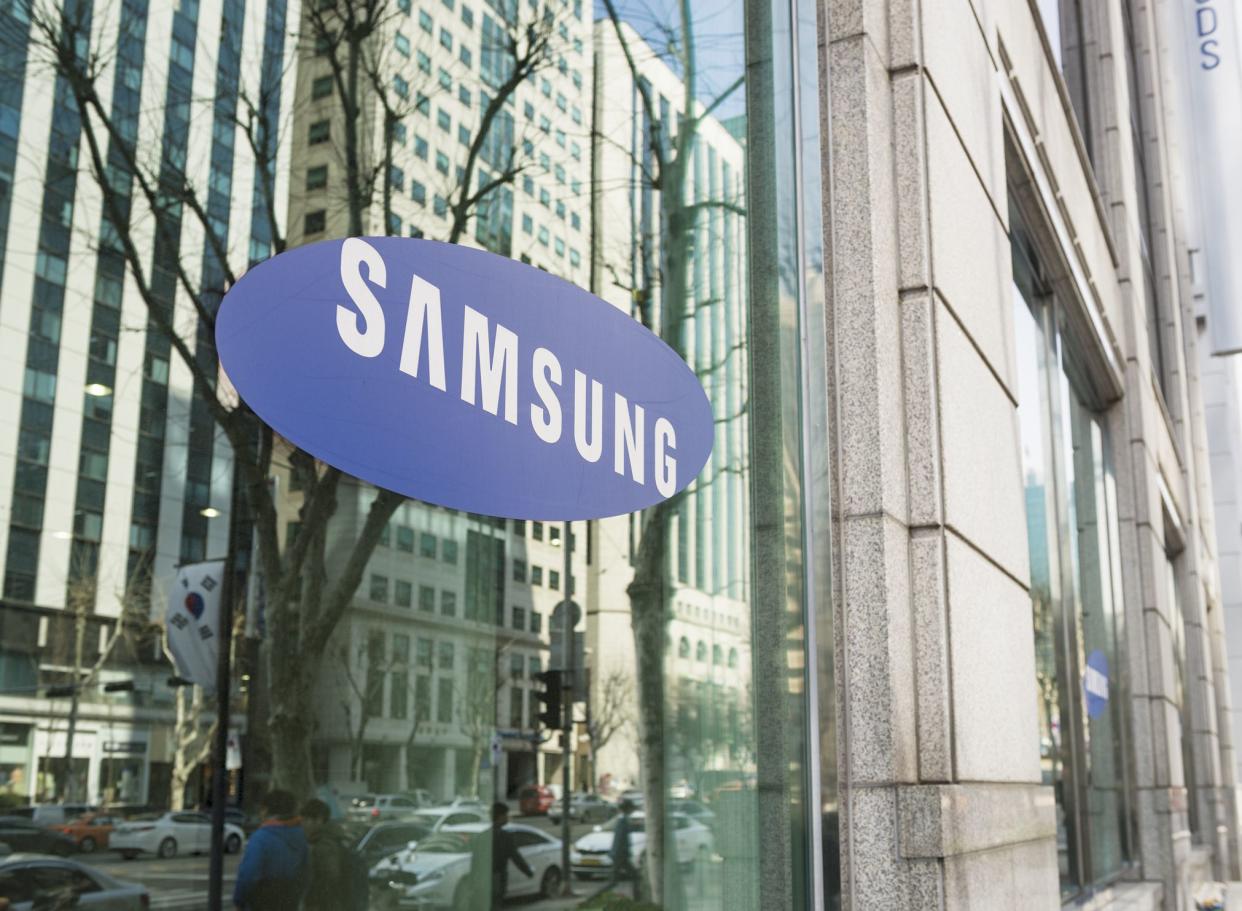
Samsung’s Note 7 smartphone was supposed to give Apple’s iPhone a run for its money. But incredibly, when the phones were released in 2016, they started catching fire, and some even blew up. Recalls followed, and the company lost billions. It was forced to set up a war room to respond to consumers, and spent billions more to learn what had gone wrong: factories were cramming batteries into too-small cases.
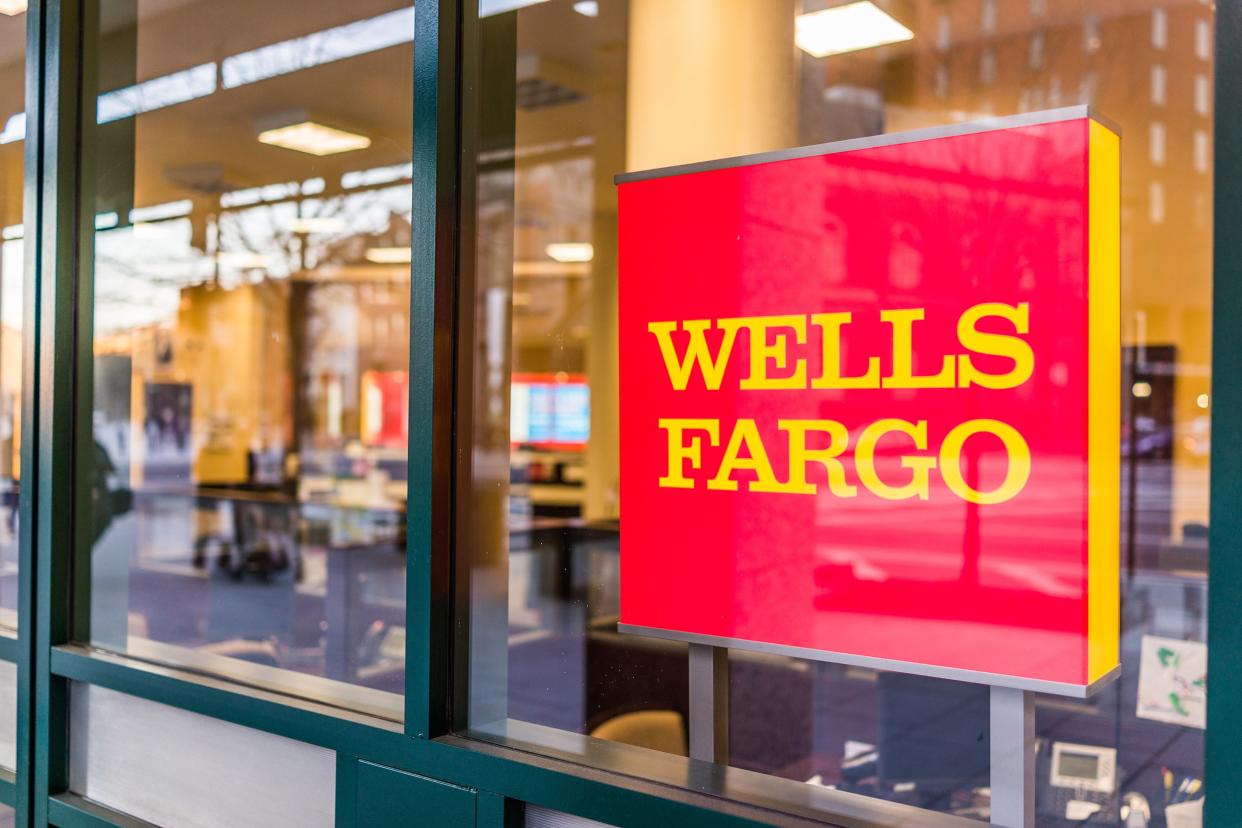
In 2016, the federal government smacked Wells Fargo with a whopping $185 million fine. Its crime: creating millions of fake deposit accounts and credit cards in the names of real customers without their permission so employees could make sales quotas. Millions more fake accounts emerged in 2017, and the bank has been beset by endless other crises, including charges of discrimination, overcharging small businesses, and securities fraud. Whew.
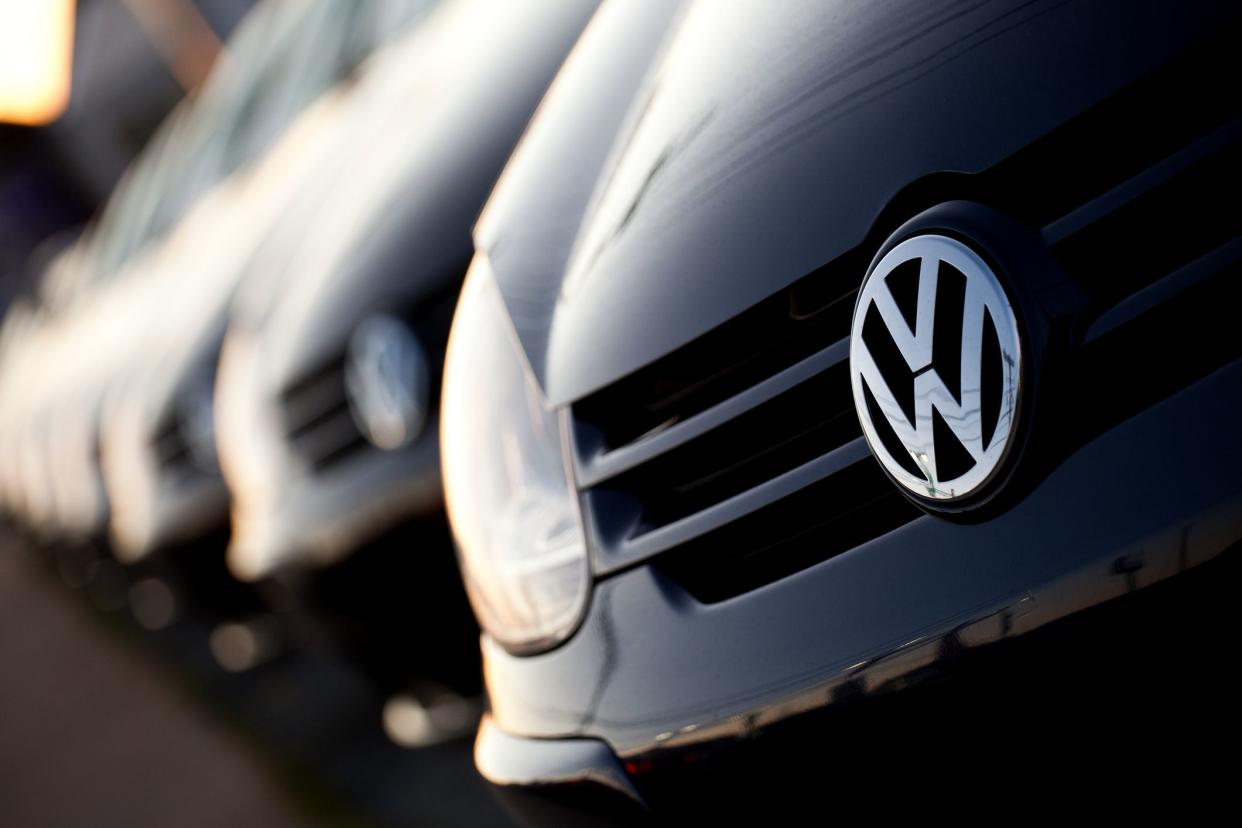
Volkswagen also knows a thing or two about massive corporate scandals. In 2015, VW was forced to admit that its “clean diesel” was, well, not so clean. The company acknowledged that it had installed software on millions of diesel cars that let them cheat on emissions tests. The scandal required VW to bring in multiple public relations firms to manage the aftermath, a process made even more difficult because of the automaker’s global footprint.
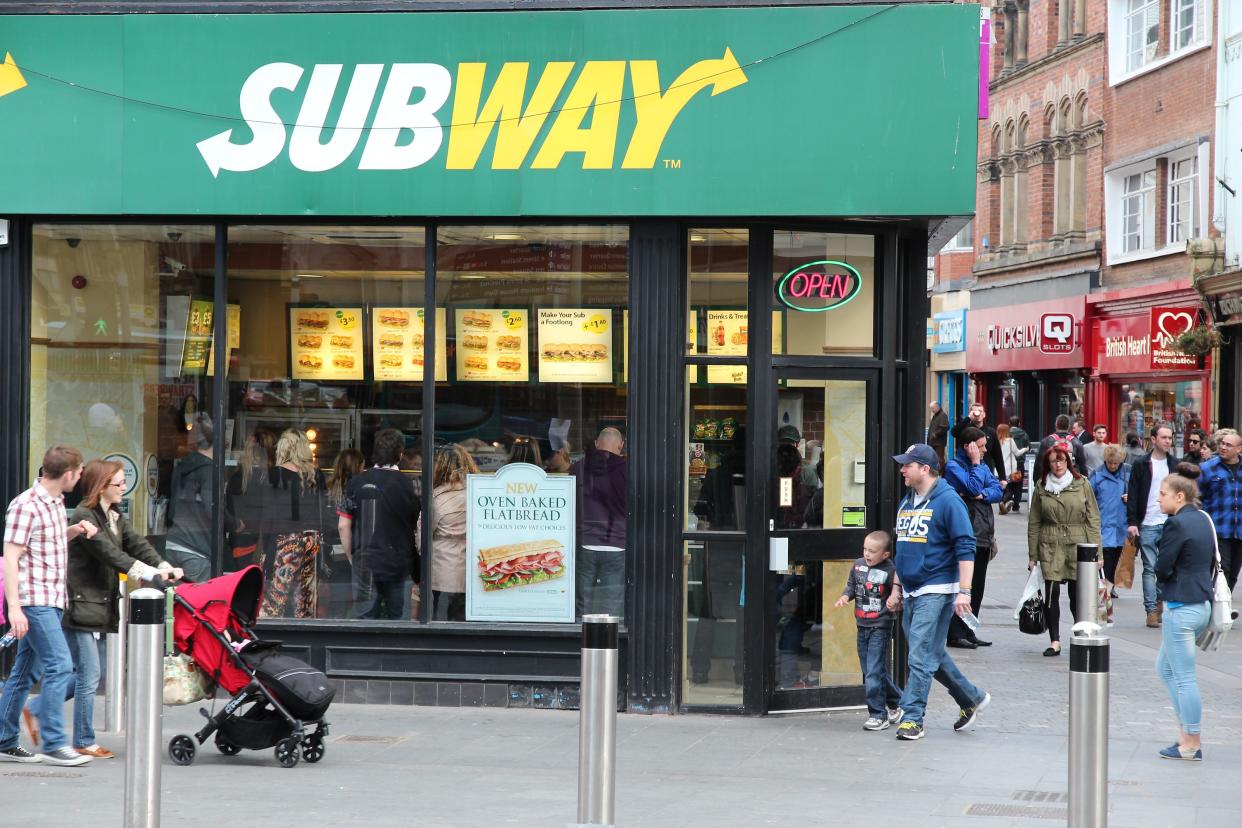
It doesn’t get a whole lot worse than when your high-profile pitchman pleads guilty to receiving child porn, but that’s what happened to Subway in 2015. Jared Fogle, who rose to fame after losing more than 200 pounds while eating two Subway subs daily, represented the massive chain for more than a decade before he was jailed. The nightmare wasn’t done yet — Fogle’s wife eventually sued Subway, alleging that the company knew and kept Fogle’s secret.
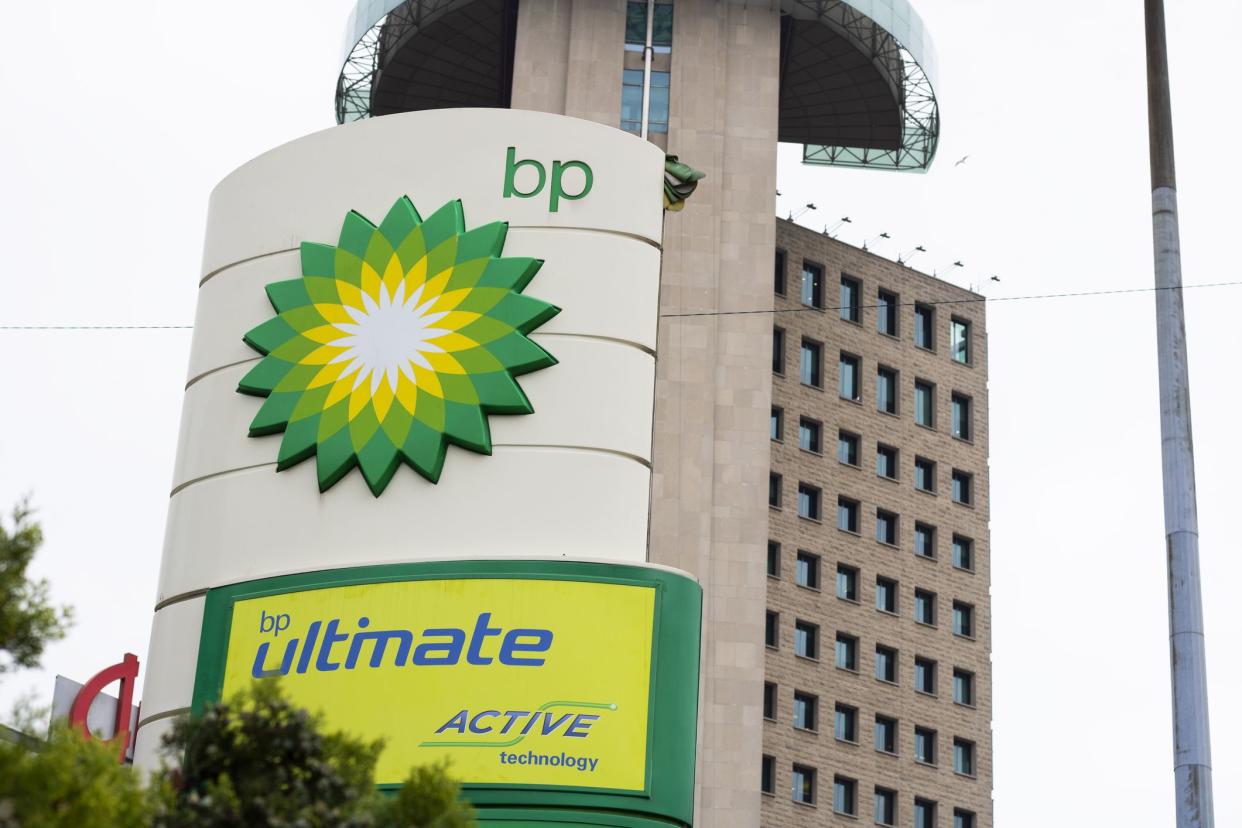
Two words can still make any corporate executive’s blood run cold, and those words are Deepwater Horizon. The BP-leased oil rig exploded in the Gulf of Mexico in 2010, killing 11 people and resulting in an oil spill much larger than the one created by the infamous Exxon Valdez. Unfortunately, BP was widely seen as botching the response, initially placing all the blame for the incident on its contractors and blandly telling the public “we will make this right” as oil continued to gush into the water.
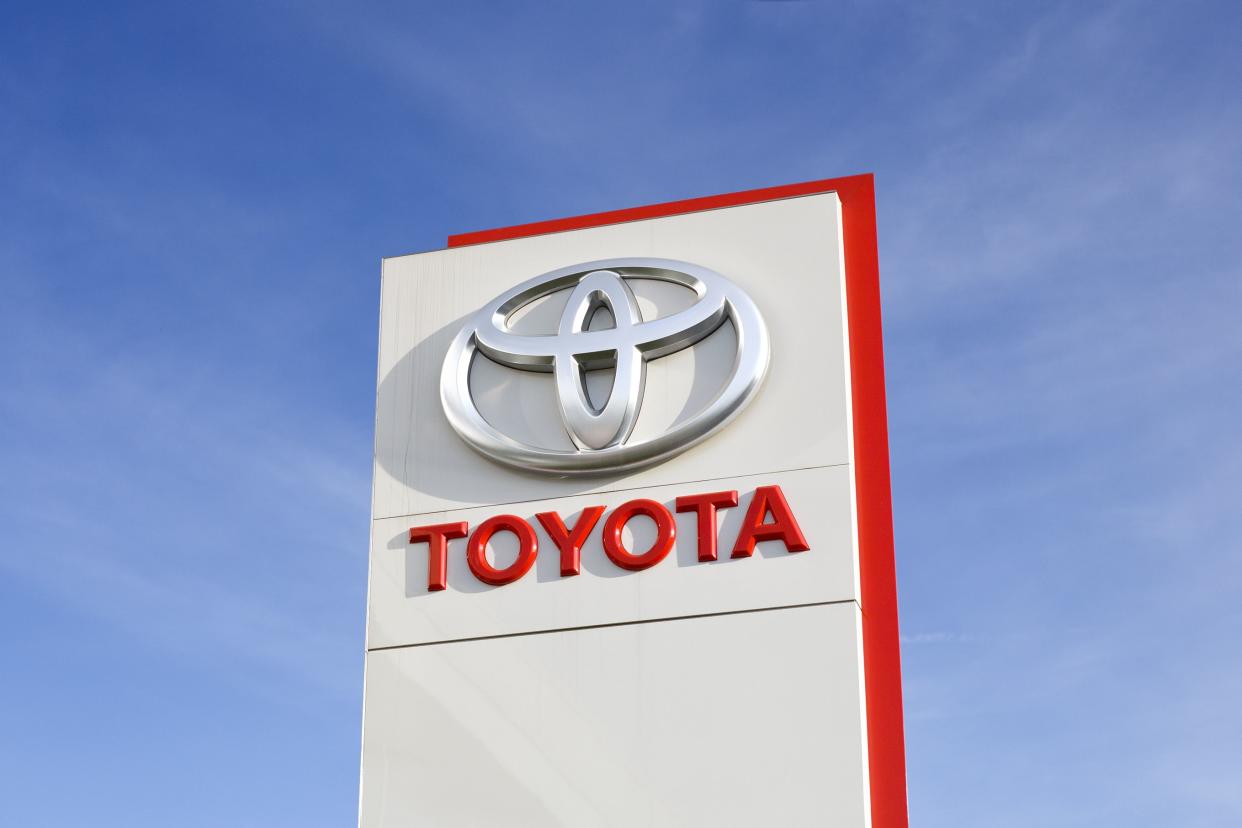
Toyota lays claim to several of the nation’s bestselling vehicles, but starting in 2009, it was dealing with a PR disaster of epic proportions: Reports of unintended acceleration in certain vehicles began to trickle out, ultimately leading to a series of massive recalls. The problem was eventually linked to as many as 89 deaths, and while Toyota was seen as dutifully treating the problem like the massive crisis it was, it also suffered a reputational black eye when it paid $1.2 billion for covering up the problem in the first place.
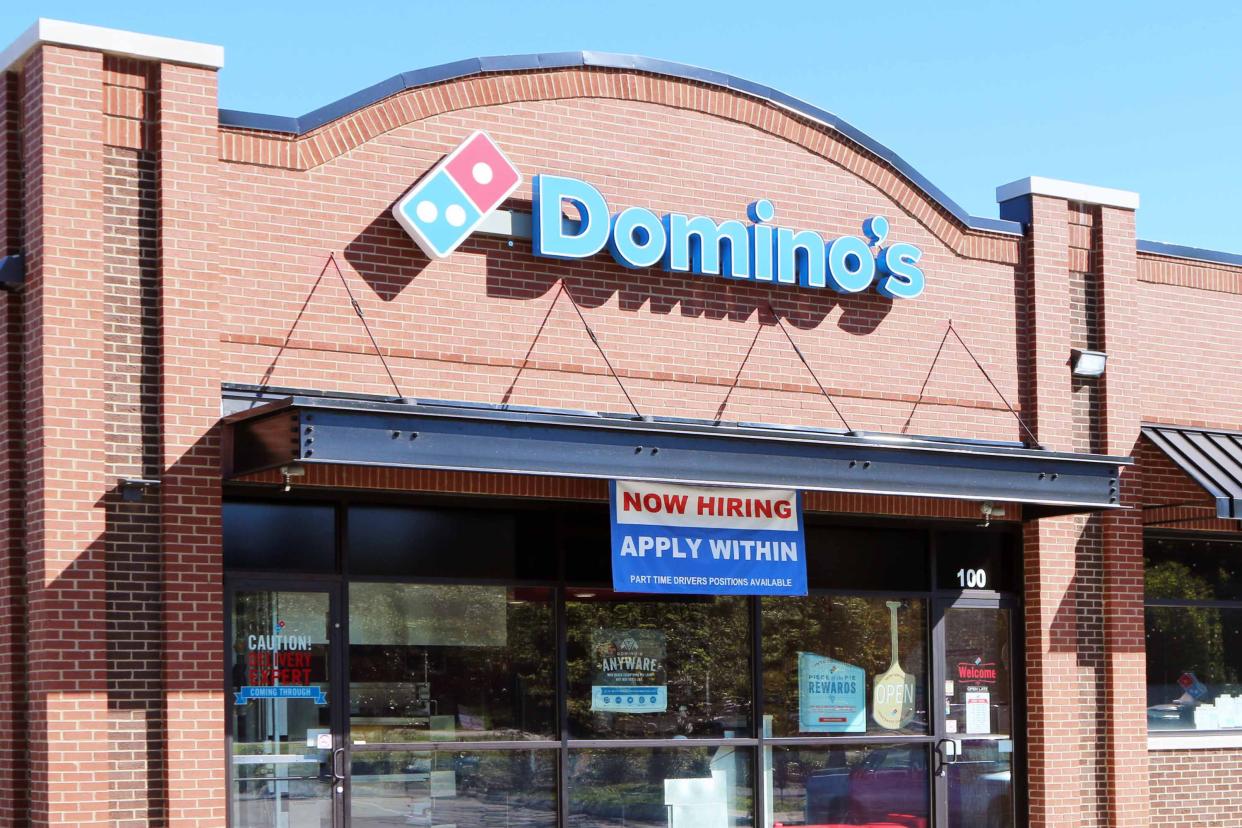
Social media giveth, and social media taketh away. For Domino’s, it was the latter when, in 2009, videos of the pizza chain’s employees tampering with food in revolting ways — think stuffing cheese up their noses, then putting it on a sandwich — went viral. The employees were eventually arrested, and Domino’s leveraged the same social media to apologize to disgusted customers.
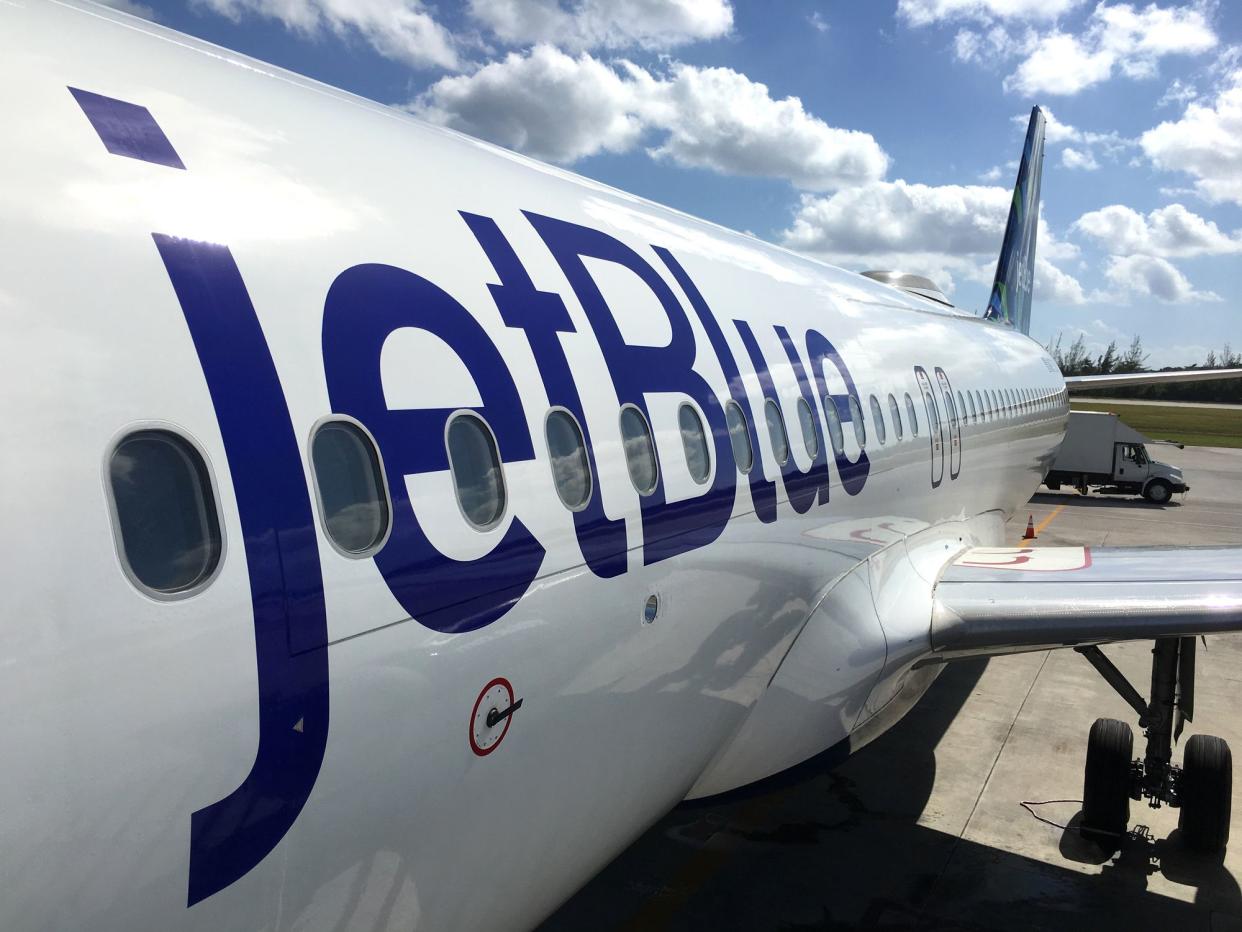
Today, JetBlue is one of the nation’s more reputable airlines, but that reputation was won the hard way. In 2007, JetBlue faced a nightmare scenario: It was forced to cancel flights but kept customers stranded for hours on end on the tarmac at JFK. The airline went on to run several apology ads in major newspapers and a YouTube apology from its CEO, then unveiled a customer bill of rights that laid out compensation for passengers in the case of future cancellations.
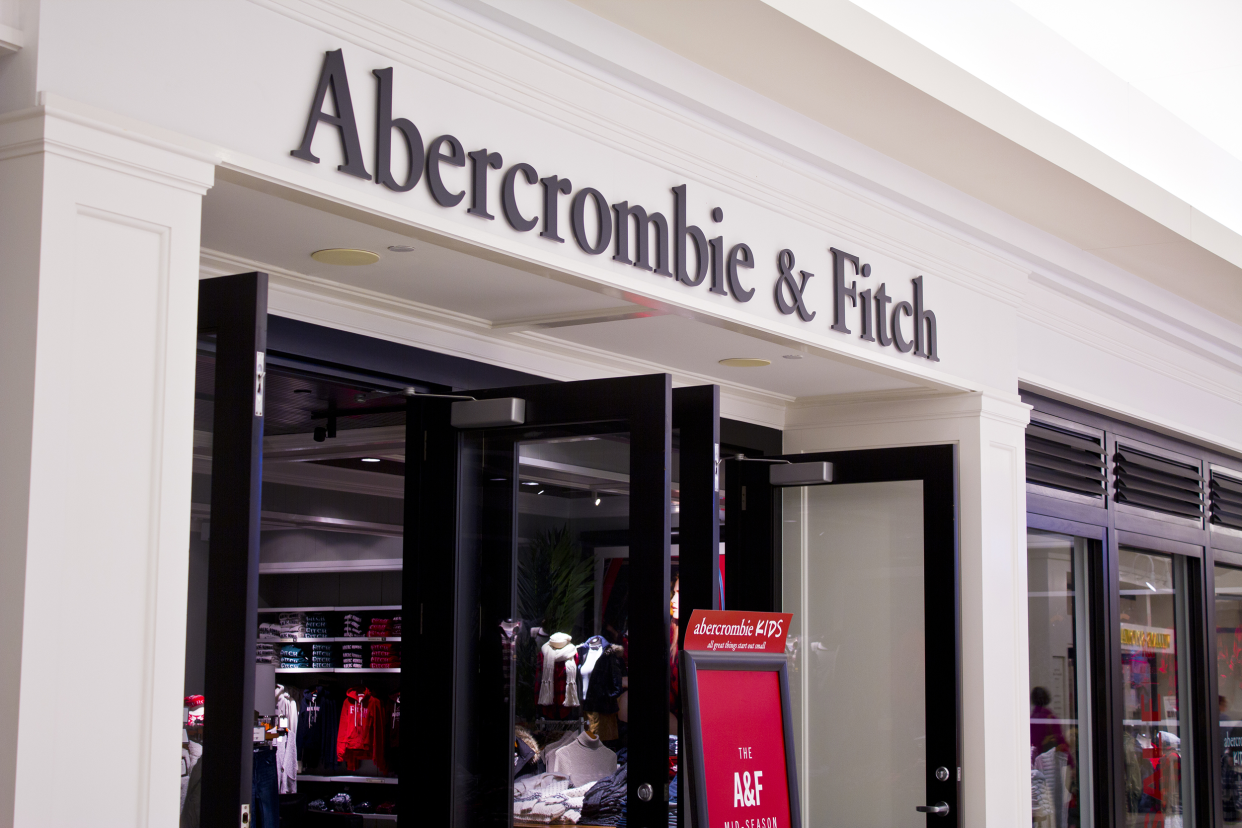
A CEO always needs to consider his or her words carefully, a lesson Abercrombie & Fitch learned the (really, really) hard way. In 2006, then-CEO Mike Jeffries made plenty of waves when he said the company was unapologetic for its "exclusionary marketing" and catered only to “cool kids.” Compounding the issue: The store’s refusal to carry larger sizes and lawsuits from employees over discriminatory hiring practices. Jeffries finally stepped down in 2014, freeing the chain to start repairing its image with a more wholesome (and inclusive) approach.
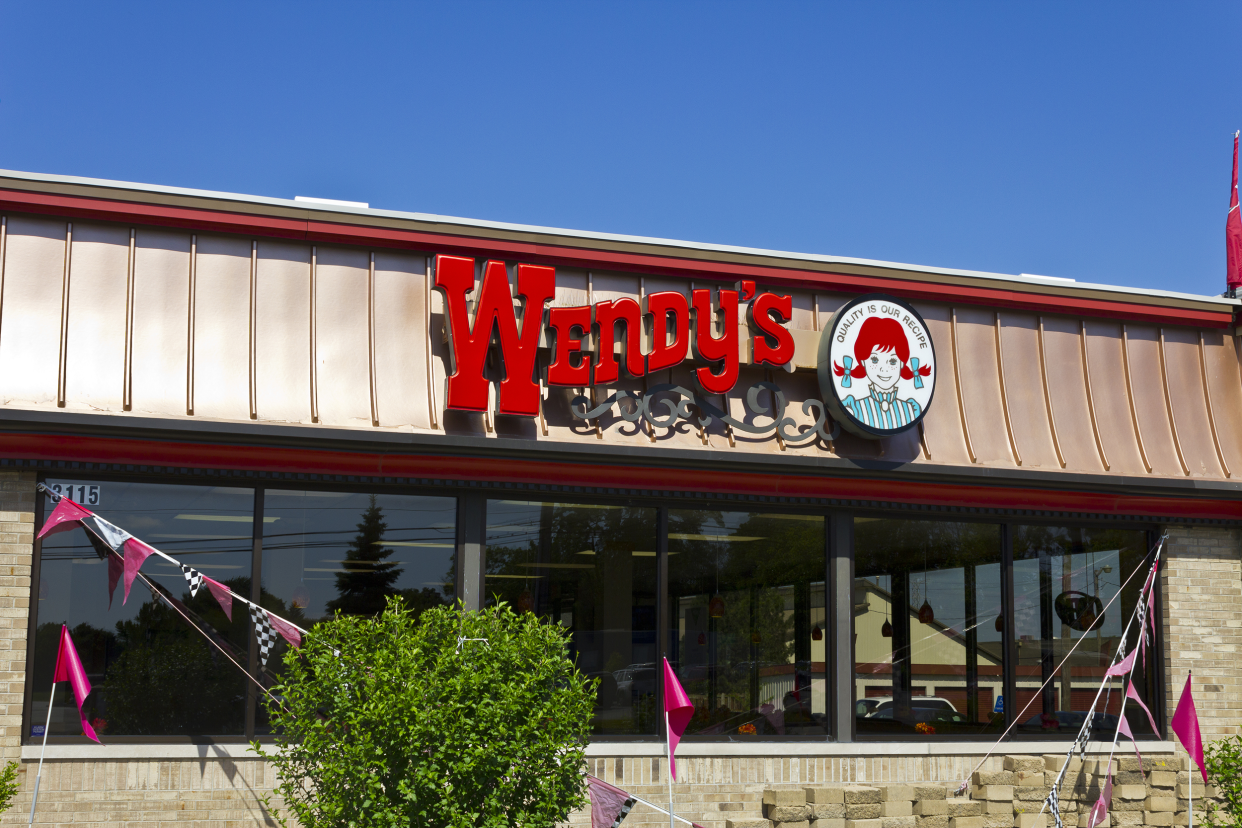
Back in 2005, Wendy’s was in the headlines not for a new chicken sandwich or its famously snarky Twitter account, but for a finger: A customer claimed to have found part of a finger in her cup of chili, and while it would later prove to be a hoax, that didn’t save Wendy’s from lost business and a public-relations crisis. The chain offered customers $100,000 for information about the case and even free Frosties as it tried to win back consumer confidence. The customer was eventually charged, but not for almost two months of painful headlines.
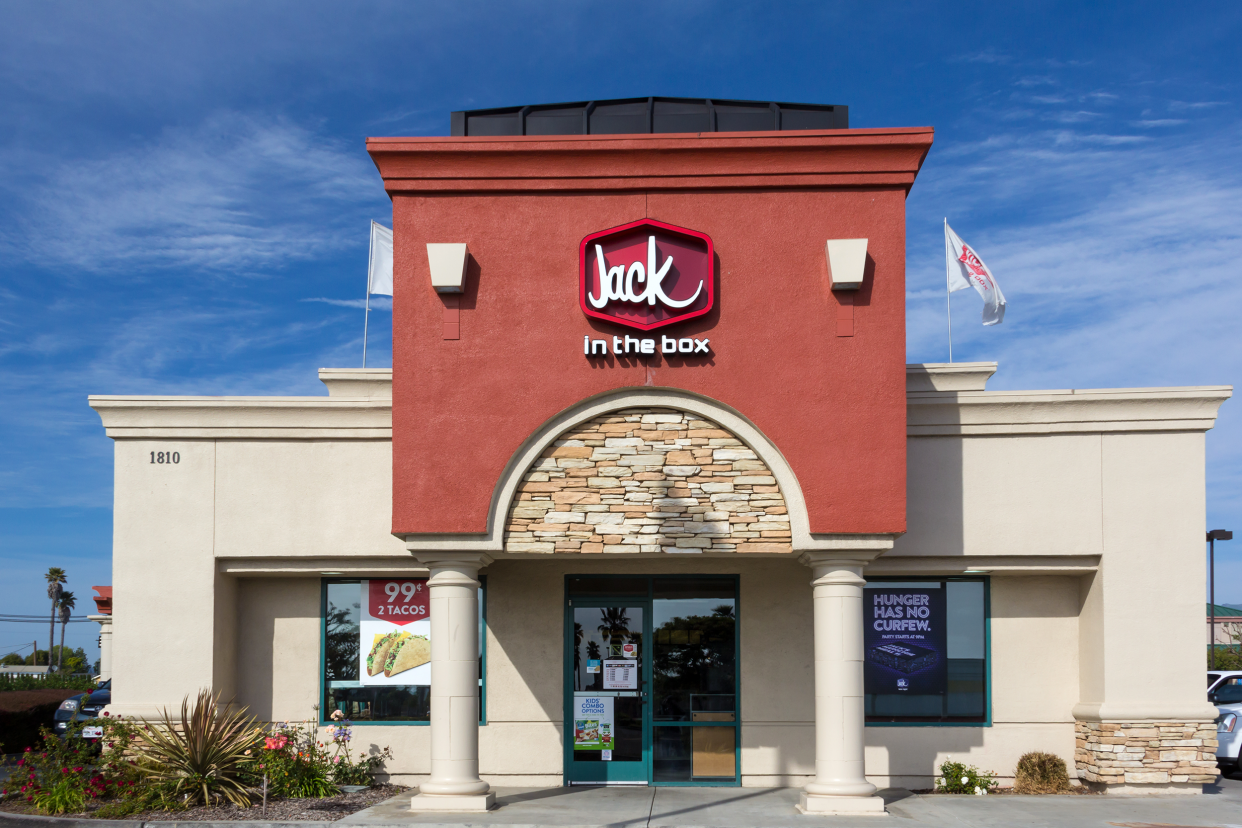
Jack in the Box's run-in with E. coli remains one of the worst food-safety crises a restaurant has had to weather. From the end of 1992 into 1993, an outbreak of the bacteria traced to more than 70 of the restaurant's locations sickened more than 700 customers and killed four. After botching its initial reaction by trying to blame its meat distributor, Jack in the Box implemented new food-safety standards and changed its food-preparation methods, helping it to pull out of the ensuing sales tailspin within a couple years.
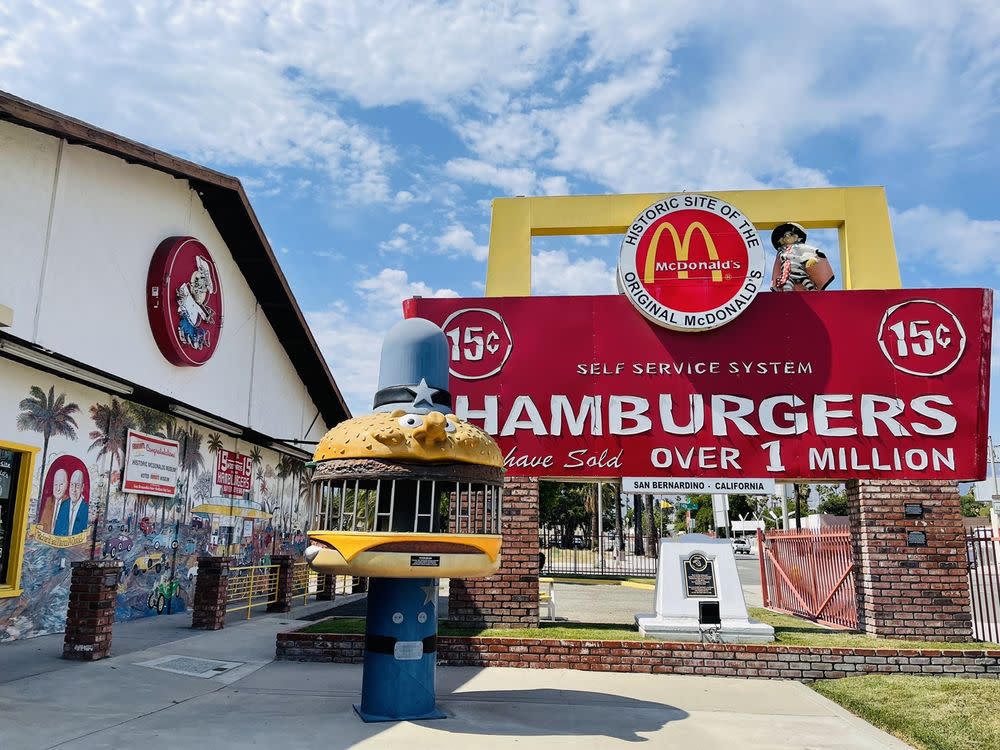
Like Cheapism's content? Be sure to follow us.
